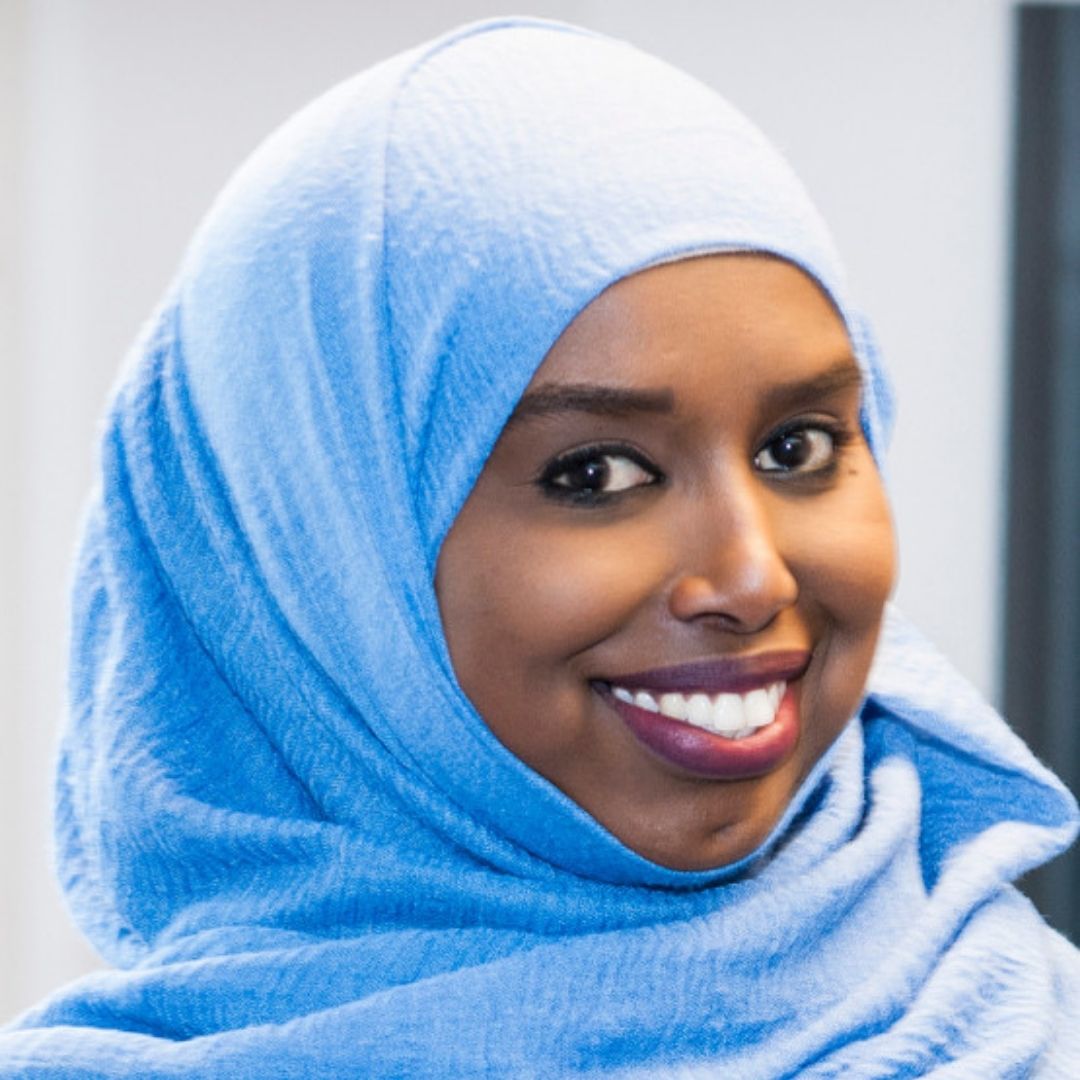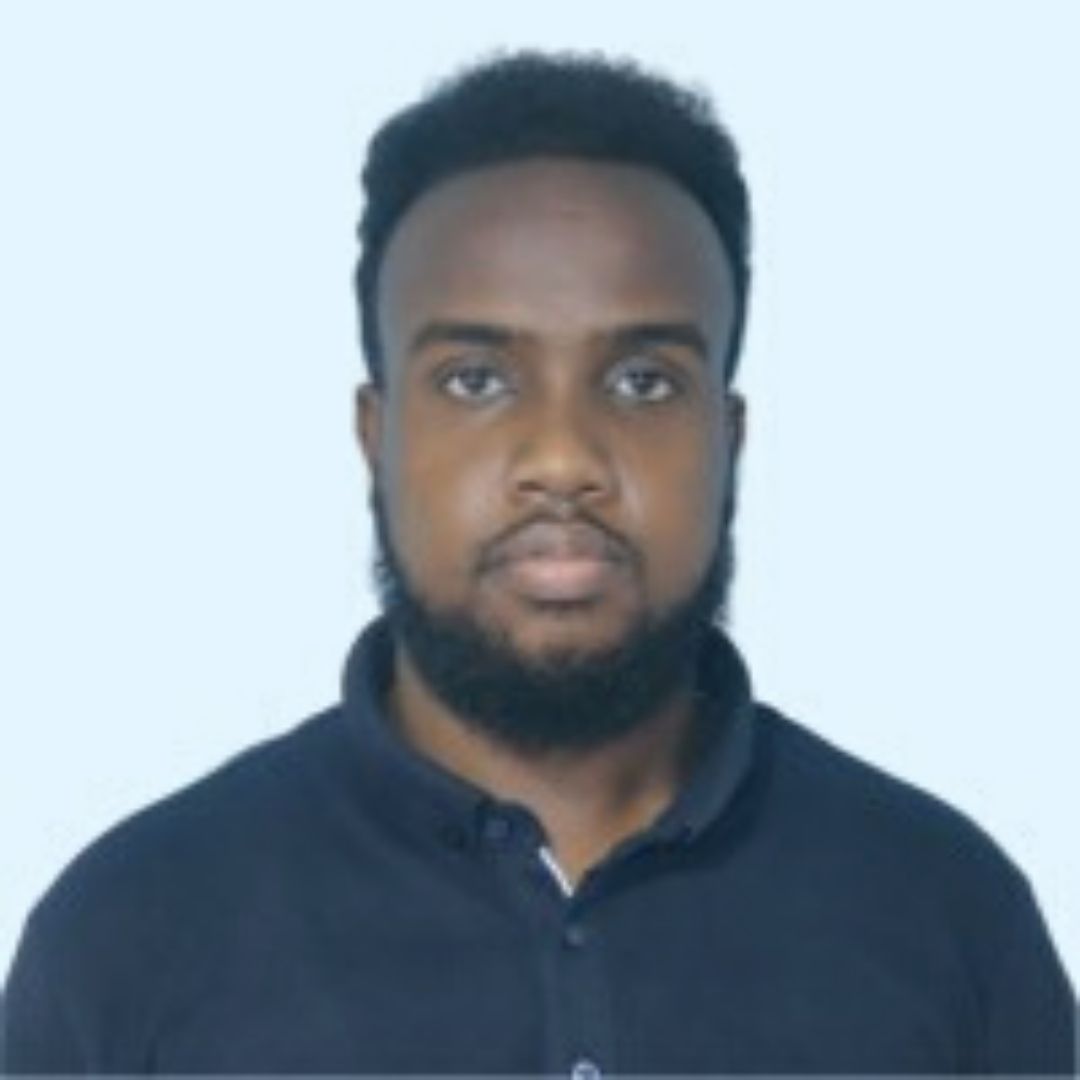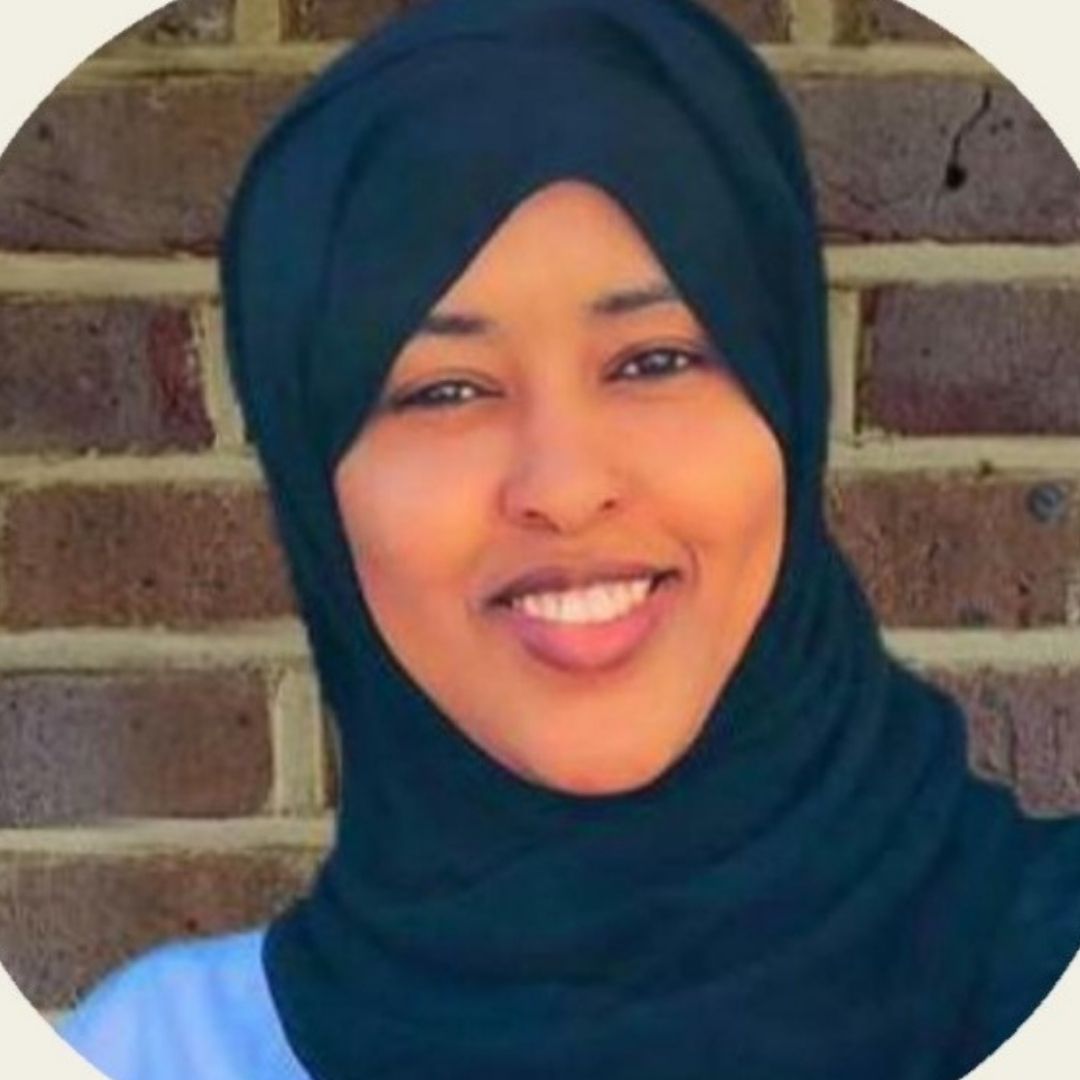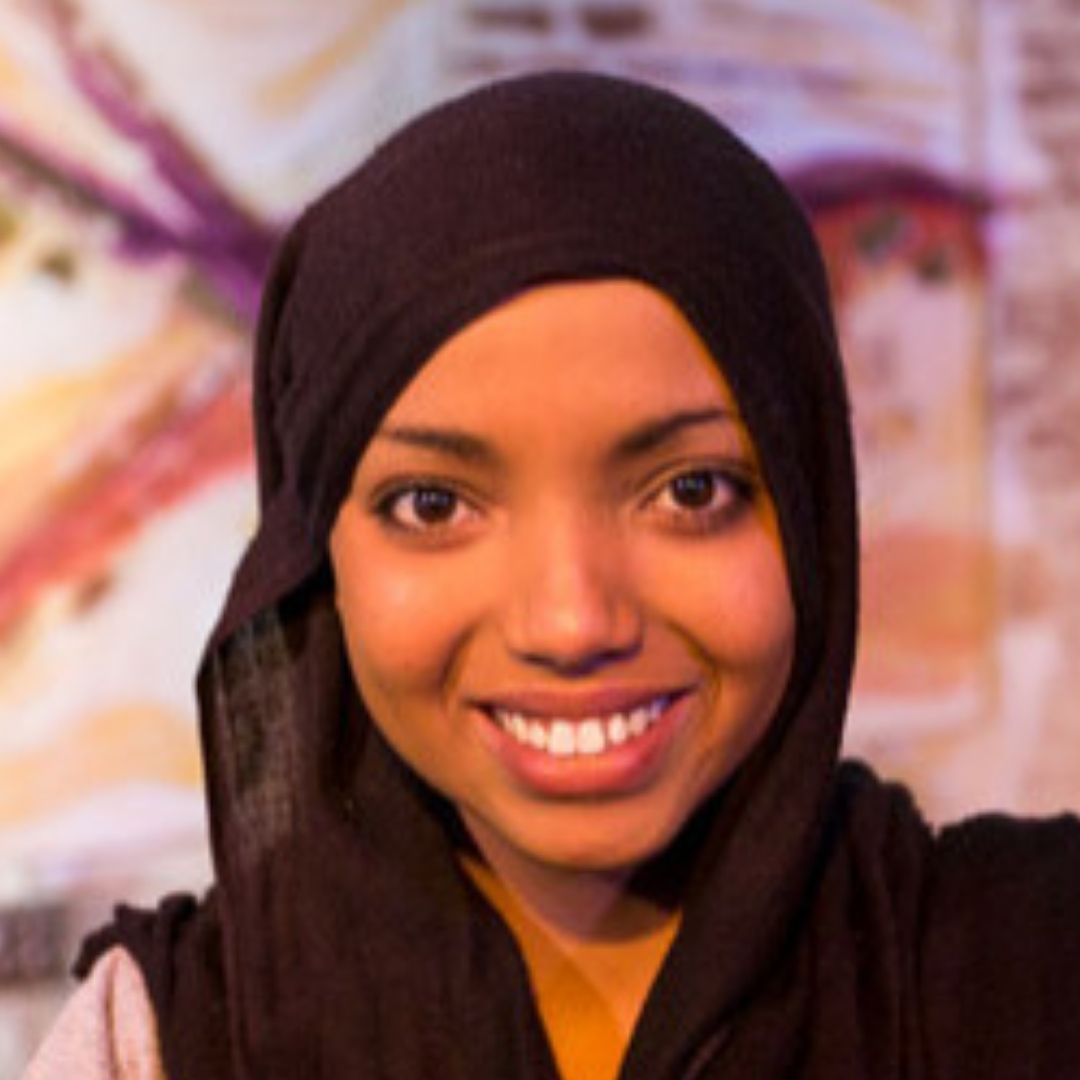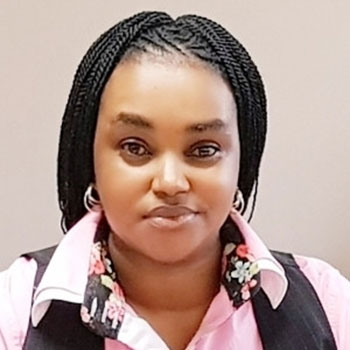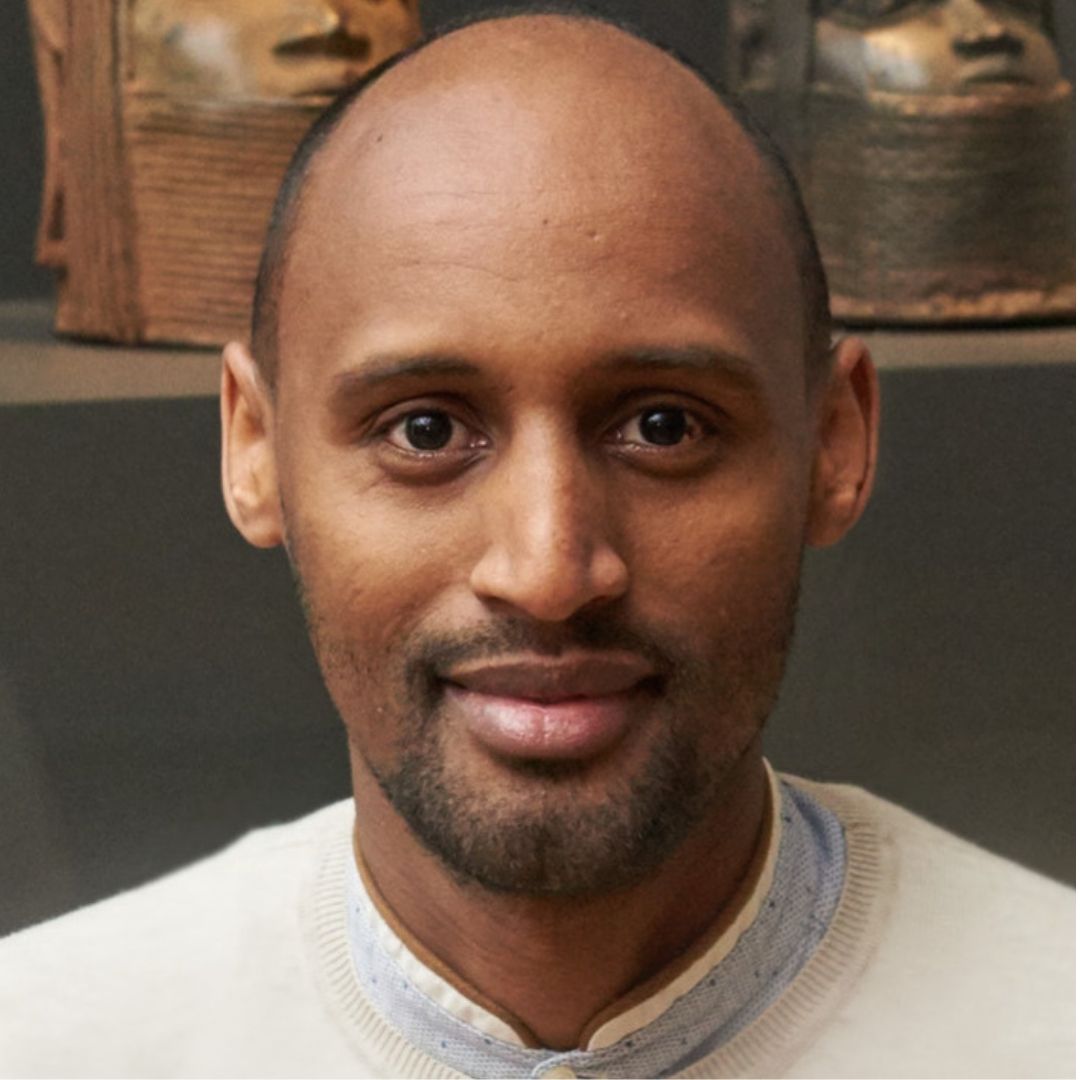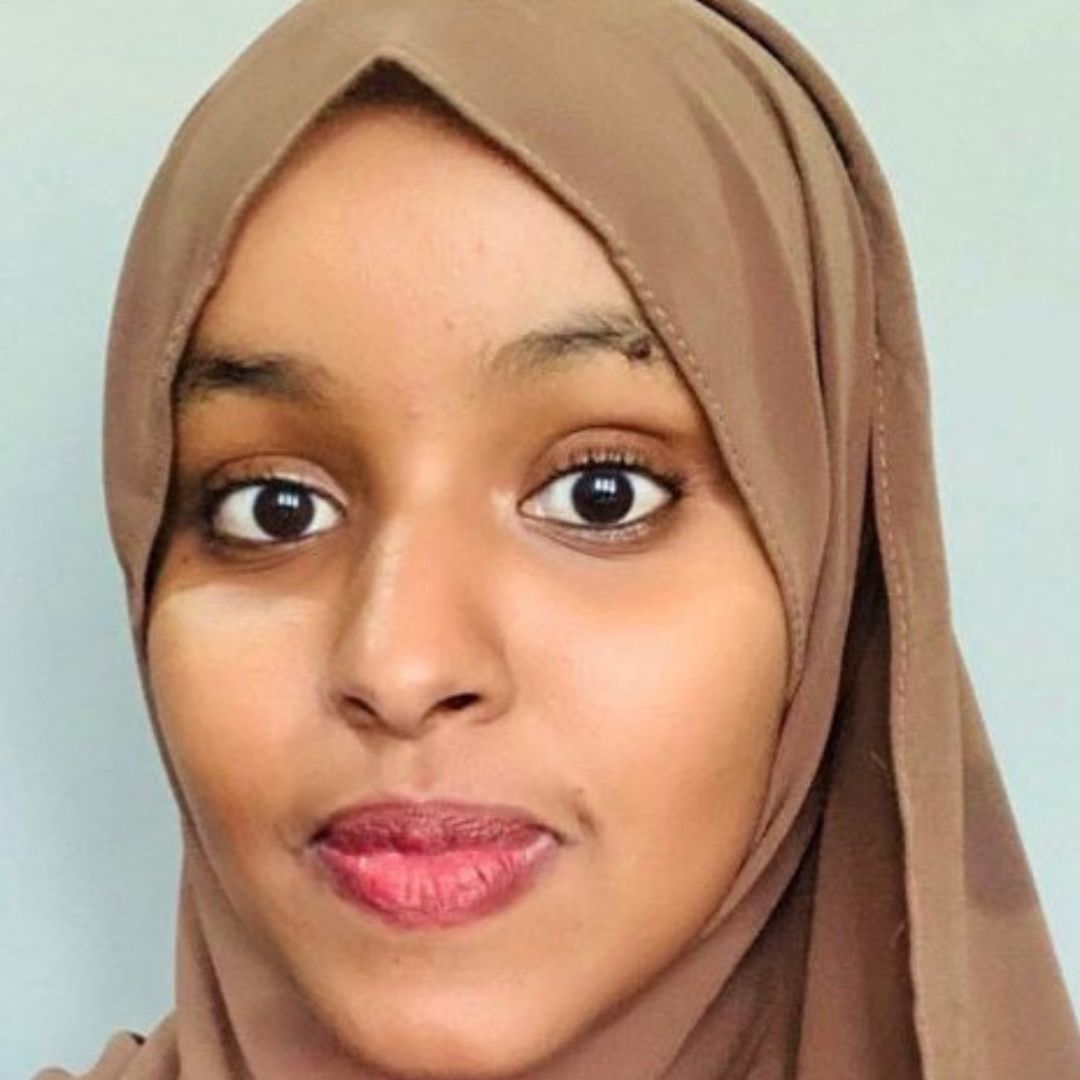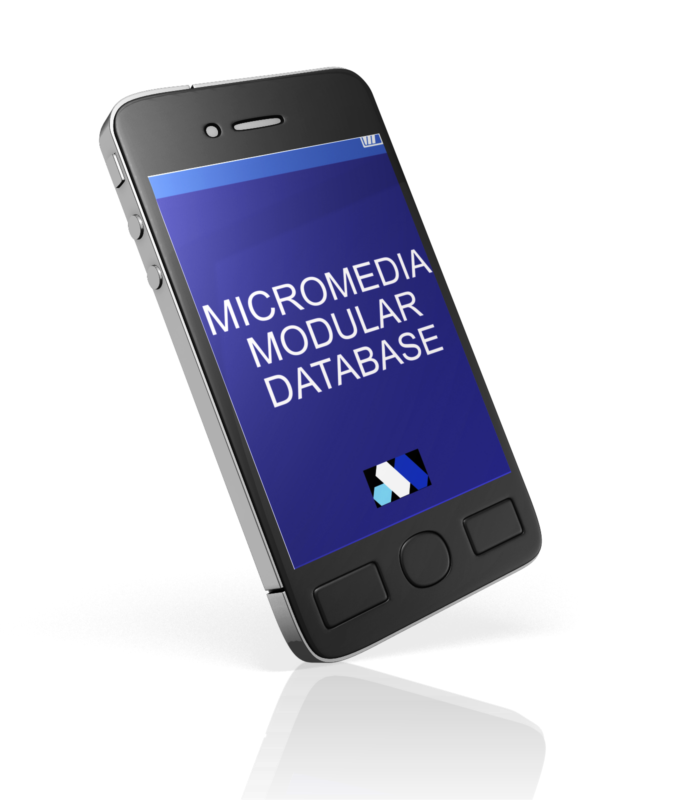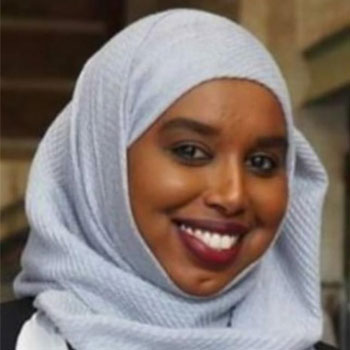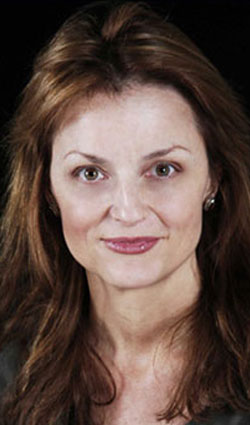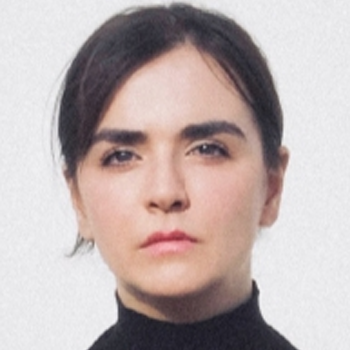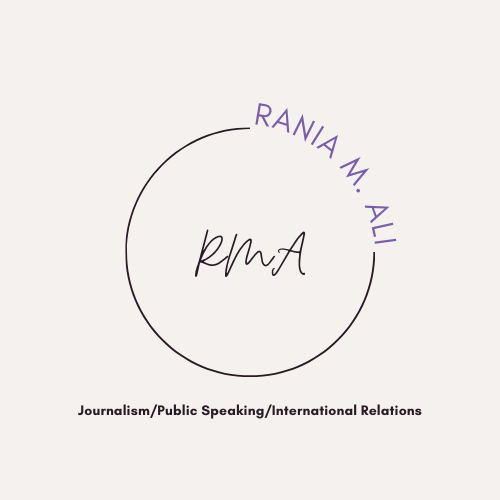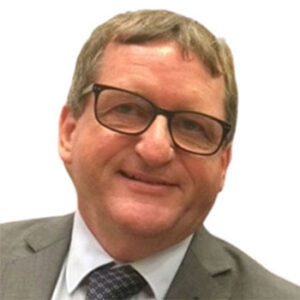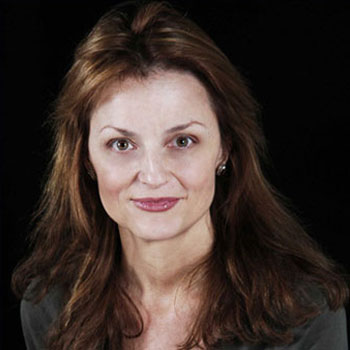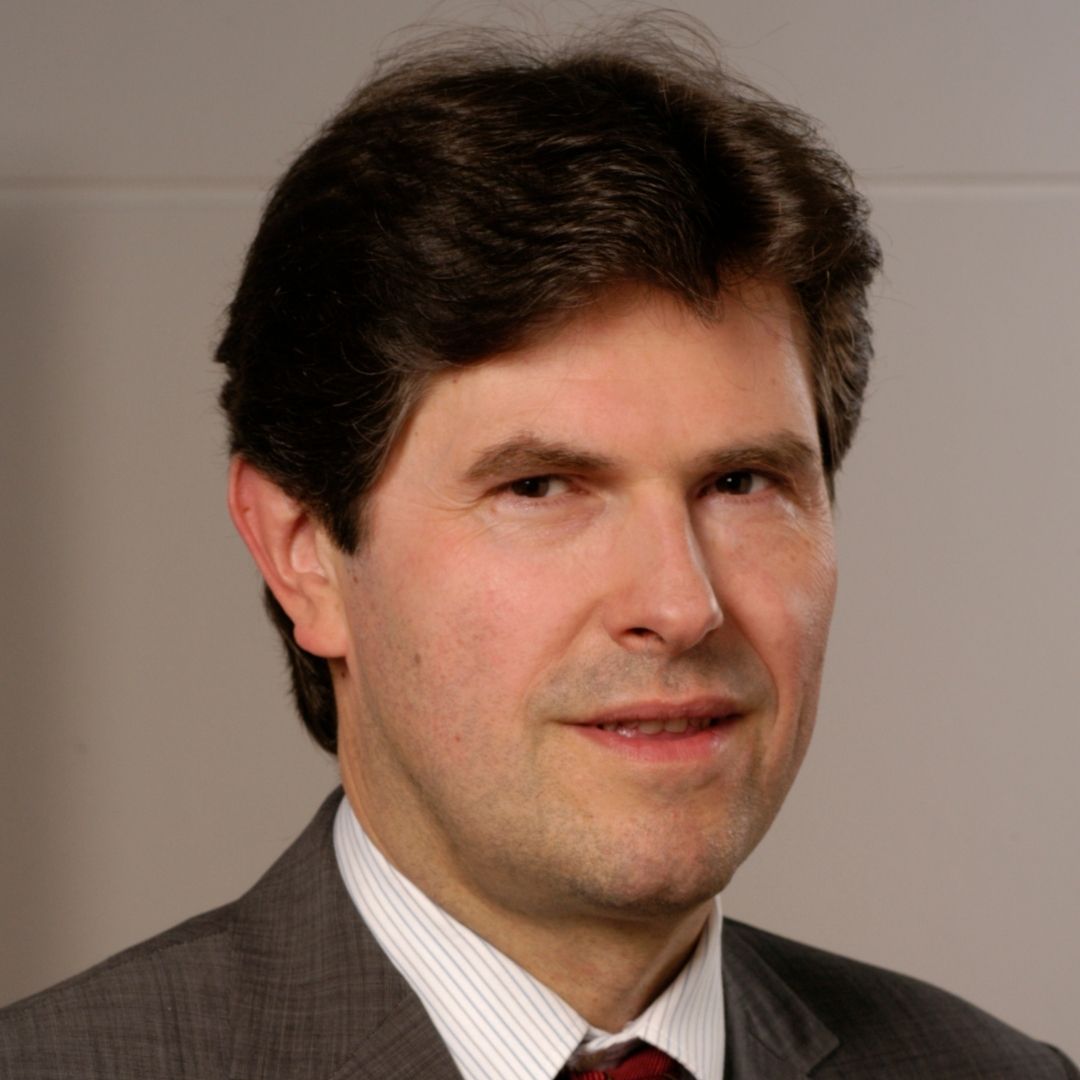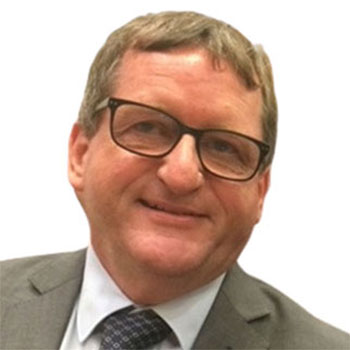The Challenge
Micromedia Modular Database tackles the lack of healthcare and MHPSS (mental health and psychosocial support) infrastructure and service-delivery capacity for underserved populations.
Beginning in Somalia and with the Somali community in Kenya, we address the weak public health institutions, inadequate public health awareness, and conditions conducive to disease transmission such as low literacy rates, hygiene challenges and crowded living conditions.
We acknowledge that drought fueled by the climate crisis has decimated crops and livestock, leaving millions at urgent risk of malnutrition and famine.
We recognize that decades of conflict – combined with displacement, war trauma, poverty, unemployment and substance abuse – has disrupted social cohesion and led to elevated rates of mental health disorders; for example, the UN estimates that nearly one in three Somalis suffers from a mental health condition. Yet mentally-challenged people are often stigmatized, discriminated against, socially isolated and subjected to dangerous and degrading practices such as containment with chains.
We acknowledge the severe shortage of skilled health workers and the fact that medical personnel in the field are overextended and often in danger.
As the UN’s Independent Expert on Human Rights in Somalia, Ms. Isha Dyfan, noted in April 2022: “There is only one government hospital in the capital, Mogadishu, and people often have to seek health care services at a private health facility and pay out of their own pocket very high amounts for their own treatment. Only a few people can afford these services, thereby leading to high child and maternal mortality… Access to health care remains dangerously low in the country.”
Scalable and Measurable Response
In this context, while some telemedicine and mHealth solutions are in place, uptake is lacking.
In response, Micromedia Modular Database will provide a digital library of evidence-based microlearning material that can be shared via mHealth and telemedicine channels along with being scaled by health institutions, universities, NGOs and others via SMS/USSD distribution. This microlearning material will be in both text and audio form to facilitate scaling (i.e. for populations with literacy issues).
This specific project will begin by creating content and setting up initial distribution channels for microlearning material in the Somali language and tailored to a Somali cultural context. The target group will be vulnerable children and their families.
While potential content areas may reflect nutrition, water, sanitation and hygiene (WaSH), communicable diseases or MHPSS, the specific focus of this pilot’s content will be determined by the Project Team based on urgent needs at that time.


